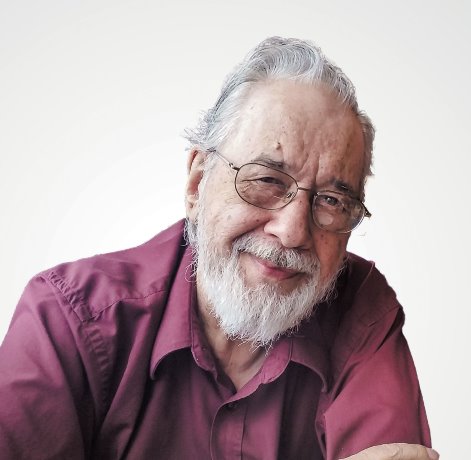North American wastewater treatment plants could one day turn ordinary sewage into biocrude oil thanks to new research at the Pacific Northwest National Laboratory (PNNL).
Perhaps as soon as 2018, the technology developed could be producing biocrude at a demonstration facility in Metro Vancouver.
The technology is called hydrothermal liquefaction (HTL) and it mimics the geological conditions the earth used to create crude oil, using high pressure and temperature to achieve in minutes something that took Mother Nature millions of years to do.
The resulting material is similar to petroleum pumped out of the ground, with a small amount of water and oxygen mixed in. This biocrude can then be refined using ordinary processes.
Darrell Mussatto, who heads Metro Vancouver’s utilities committee, said in a recent statement that the utility "hopes to be the first wastewater treatment utility in North America to host hydrothermal liquefaction at one of its treatment plants.
"The pilot project will cost between $8 million and $9 million, with Metro Vancouver providing nearly one-half of the cost directly and the remaining balance subject to external funding."
The PNNL is operated by the United States Department of Energy. So why is it that a pilot project to demonstrate technology developed there is to be built in a Canadian city?
PNNL licensed the technology to Genifuel Corporation, an outfit based in Utah. It’s Genifuel that is working with Metro Vancouver, in a partnership of 23 local authorities in British Columbia.
What is the technology the demonstration plant will showcase?
Sewage sludge has long been viewed as a poor ingredient for producing biofuel because it’s too wet. What PNNL did was eliminate the drying stage that has been needed. That drying is both energy-intensive and costly.
Using HTL, organic matter like human waste can be broken down to simpler chemical compounds. Extremely high pressure is applied, and the pressurized sludge goes into a reactor system operating at high heat — about 350°C. The heat and pressure cause the cells of the waste material to break down into different components — biocrude and a watery liquid.
Corinne Drennan heads the bioenergy technology research at PNNL. She says that "there is plenty of carbon in municipal wastewater sludge, and… there are also fats.
"The fats… appear to facilitate the conversion of other materials in the wastewater, such as toilet paper, keep the sludge moving through the reactor and produce a very high quality biocrude that, when refined, yields fuels such as gasoline, diesel and jet fuels."
But the best thing about the technology, she says, is its simplicity.
"The reactor is literally a hot, pressurized tube. We’ve created a continuous and scalable process which allows the use of wet waste-like sewage sludge."
If this idea works out as expected, it could have far-reaching implications.
The PNNL notes that wastewater treatment plants across the U.S. treat about 34 billion gallons of sewage every day. That amount, it says, could produce the equivalent of up to 30 million barrels of oil per year.
Canada has something more than a tenth of the population the U.S. has. A simple extrapolation suggests our wastewater plants might be able to produce three million barrels of biofuel annually.
But besides providing useful fuel, the technology could give local governments significant cost savings by virtually eliminating the need to process, transport and dispose of sewage sludge.
How soon could all this happen?
Once the funding is in place, the design phase will begin next year. Then will come equipment fabrication and that will put start-up sometime in 2018.
This is an emerging technology, but Metro Vancouver is betting that it will work. And if it does, Mussatto says, "a future production facility could lead the way for Metro Vancouver’s wastewater operation to meet its sustainability objectives of zero net energy, zero odours and zero residuals."
Korky Koroluk is an Ottawa-based freelance writer. Send comments to editor@dailycommercialnews.com.



Recent Comments
comments for this post are closed